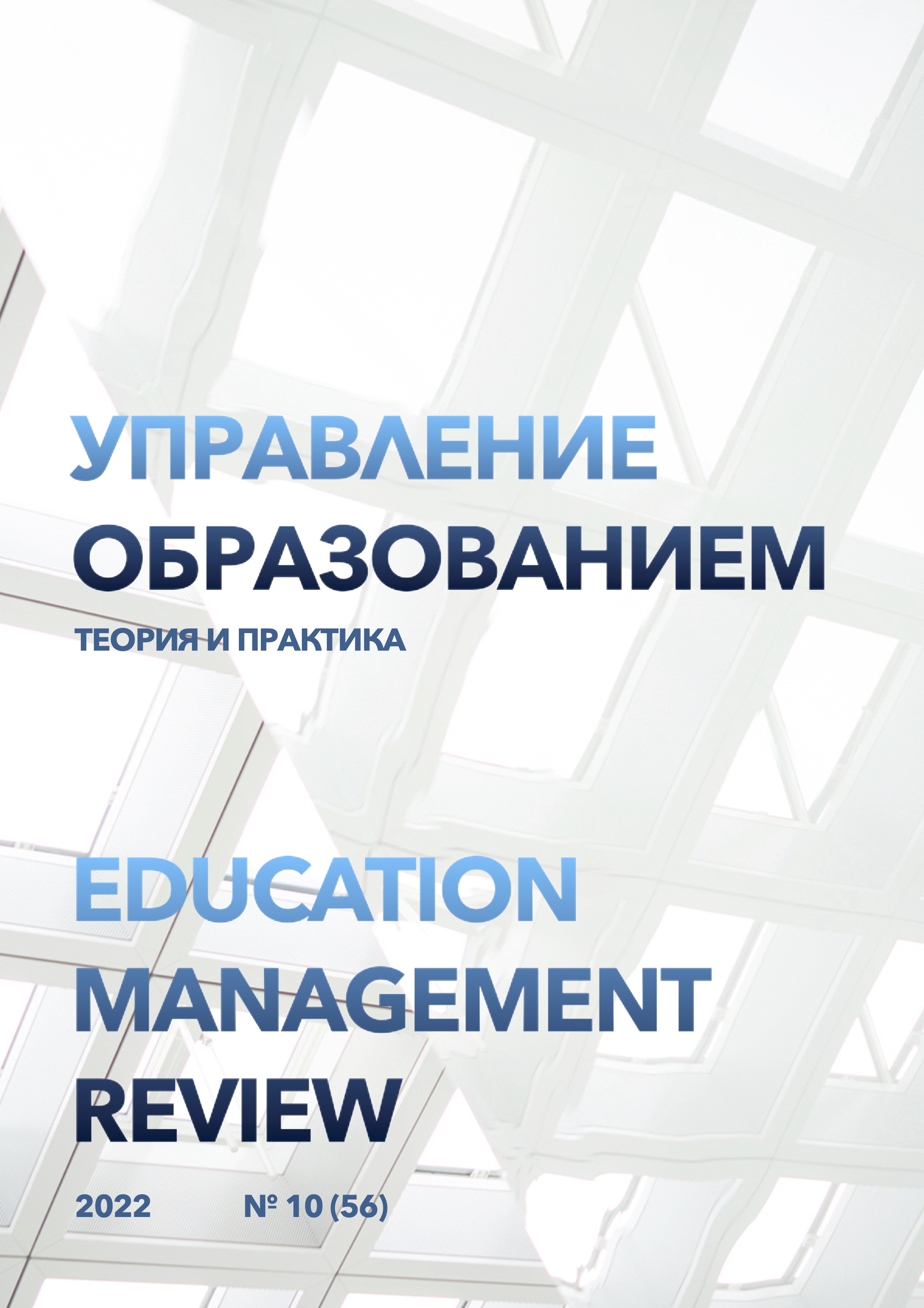Opportunities for the formation of an adaptive management system of an educational institution
DOI:
https://doi.org/10.25726/k5816-3976-1259-mKeywords:
study, foreign language, techniques, distance learningAbstract
The COVID-19 pandemic has affected all spheres of public life without exception. The education sector was one of the first to feel the impact of the coronavirus epidemic and reacted to the established restrictions by transferring all educational activities to a remote mode. The rapid transition of many educational processes to another format has caused the need for rapid adaptation to new conditions on the part of the state authorities, relevant ministries and directly educational institutions. Changes that are taking place in institutions of higher education concerning teaching methods, the approach to teaching itself, the formation of competencies among applicants for education, the organization of the educational process, which caused an ambiguous reaction among participants in the educational process. Such a crisis has served as an incentive for innovation in the educational environment. To ensure the continuity of education and professional training, cutting–edge solutions for distance learning are being developed and various innovative approaches are being used, because education is not just one of the basic human rights. This is a fundamental right, on which the realization of all other human rights directly depends. Education is a global common good, the most powerful driving force of progress to achieve goals in the field of development of society and the basis of an equal, just, peaceful existence of human civilization.
References
Белова Е.Е. Языковое образование: достижения и проблемы // Вестник Мининского университета. 2013. №2 (2). С. 25.
Владимирова Л.П. Проблемы интеграции формального и неформального образования в условиях единой информационно образовательной среды // Научно-практический журнал «Открытое образование» 2013. № 5 (100)
Назаренко А.Л. Информационно-коммуникационные технологии в лингводидактике: дистанционное обучение // Междунар. журнал экспериментального образования. 2014. № 11. С. 91.
Николаева Т.А., Заеко О.В. Обзор интернет-ресурсов, применяемых в процессе обучения английскому языку // Научные труды Московского гуманитарного университета. 2020. № 2. С. 20-27. DOI: 10.17805/trudy.2020.2.4
Попова Н.Е., Чикова О.А. Технологии дистанционного обучения как инновация в процессе реализации образовательных стандартов нового поколения // Вестник НГПУ. 2014. №2 (18). С. 17-24.
Полухина Н.С. Преимущества и способы использования массовых открытых онлайнкурсов при самостоятельном изучении английского языка // Журнал Курского гос. ун-та. 2014. С. 7.
Соловьев С.С., Минакова Н.В. Состояние и основные тенденции рынка переводческих услуг в современной России: социологический анализ: монография под общ ред. И.И.Халеевой // (монография). М.: ФГБОУ ВПО МГЛУ. 2012. С 185.
Терентьева Е.В., Фрайфельд Е.Б. Особенности подготовки к публичному выступлению на иностранном языке в условиях неязыкового вуза (из опыта обучения студентов-медиков) // Современная наука: актуальные проблемы теории и практики. Серия: Гуманитарные науки. 2019. №3 С. 84-87.
Чигинцева А. А. Актуальные проблемы дистанционного обучения // Вопросы студенческой науки. 2018. №3 (19). С. 10-13.
Шамов А.Н., Пронина Н.С. Грамматика и лексика как операциональная основа в овладении иностранным языком в школе //Проблемы современного педагогического образования. 2017. №57-7. С. 264-273.
Makhmudov, K. (2020). Innovative Cluster of Pedagogical Education: Common Goals and Specific Interests. Academic Research in Educational Sciences. 1(2). 182-187.




